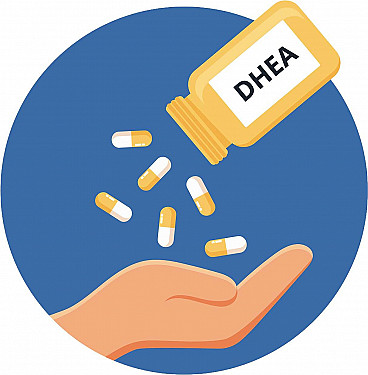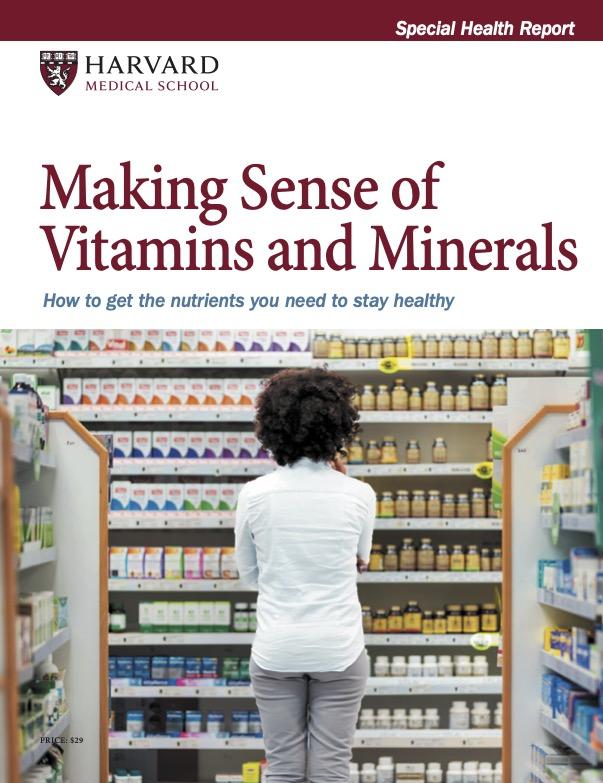Daily vitamin D supplements may help slow aging
In the journals
- Reviewed by Howard E. LeWine, MD, Chief Medical Editor, Harvard Health Publishing; Editorial Advisory Board Member, Harvard Health Publishing

Taking a daily vitamin D3 supplement may help slow the aging process, according to results of a Harvard clinical trial published online May 21, 2025, by The American Journal of Clinical Nutrition.
Researchers explored the effect vitamin D3 and omega-3 fatty acid supplementation have on telomeres, the protective “caps” at the ends of chromosomes. Telomeres are made of repeating sequences of DNA that prevent chromosome ends from degrading or fusing with other chromosomes. Telomere shortening is a natural part of aging, and scientists have previously found a strong association between biological aging and telomere length.
In this study, more than 1,000 men and women ages 50 and older were randomly assigned to take a daily vitamin D3 supplement (2,000 international units, or IU), an omega-3 fatty acid supplement (1 gram), both together, or neither. Researchers assessed telomere length in participants’ blood cells at the start of the study and again after two and four years.
Compared with participants not taking extra D3, those who took the supplement showed significantly less telomere shortening over four years, representing the equivalent of nearly three fewer years of aging, according to the researchers. (The omega-3 fatty acid supplementation had no significant effect on telomere length.) The amount of vitamin D3 used in the study was above the recommended daily amount (600 IU for adults ages 50 to 70 and 800 IU for those older than 70). Still, the dose was well below the daily maximum safe amount of 4,000 IU.
Image: © Mensent Photography/Getty Images
About the Author

Matthew Solan, Former Executive Editor, Harvard Men's Health Watch
About the Reviewer

Howard E. LeWine, MD, Chief Medical Editor, Harvard Health Publishing; Editorial Advisory Board Member, Harvard Health Publishing
Disclaimer:
As a service to our readers, Harvard Health Publishing provides access to our library of archived content. Please note the date of last review or update on all articles.
No content on this site, regardless of date, should ever be used as a substitute for direct medical advice from your doctor or other qualified clinician.
















